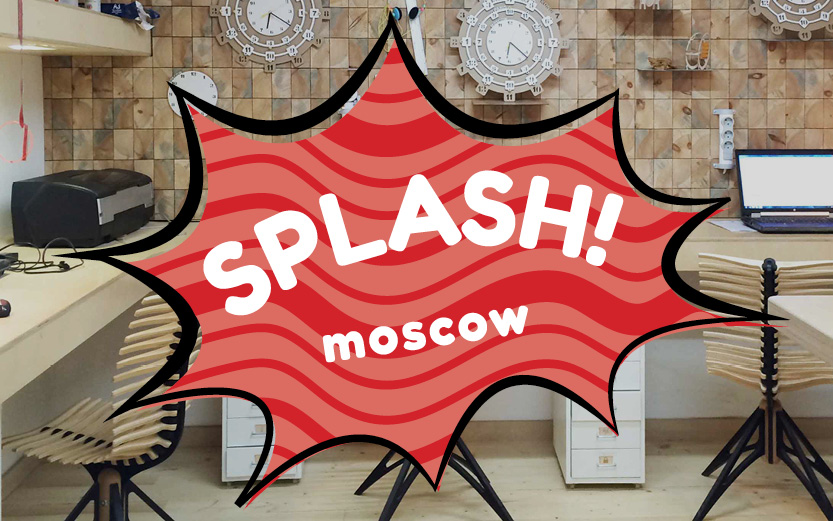Place 43 candidates, 43 ideas, 43 opportunities in a context full of challenges
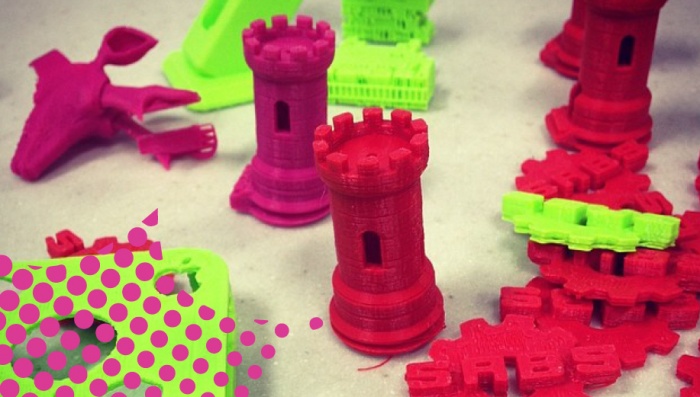
09.04.2015 Features
ico-D: What is unique about the concept of the ‘entrepreneur’ when considering the future of design in South Africa? What are the objectives of the 43 Challenge?
SABS:
The difficulties facing South Africa, and in particular its youth today, are many and varied. To meet these challenges head-on, South Africa has had to become a strong competitor and exporter within the mainstream global economic arena.
The Design Institute, the national design promotion body of South Africa, and a division of the , believes that design is the catalyst needed to increase all elements of the nation’s competitiveness, in particular: to facilitate increased global market share, economic growth, job creation, poverty alleviation and skills development. Although South Africa can boast some great examples here and there, a national capacity for producing competitive products and services in South Africa is lacking.
SABS Design Institute took up the challenge to redirect its strategic direction - to actively build and develop the national design capability, convinced that change can happen through South Africa’s youth if they use designing processes to create innovative and sustainable entrepreneurial businesses.
The “Entrepreneur” as the new model
In 2014, the 43 Challenge was launched as an experimental programme - where mentors and industry experts elected by the SABS Design Institute, work together to guide 43 candidates through the research and development stages for the creation of a final commercial product. Candidates cme from all regions of South Africa and all walks of life. Their level of education ranges from matric to PhD, and they bring to the Centre ideas for apps, household appliances and public services, ranging from pet-feeders and prams to gunshot locating technology and queueing systems.
Believing that new businesses start with the right combination of person, idea and business model, the Design Institute uses a holistic approach to developing all three along a structured design process. Founded by the Design Institute, the Design and Innovation Entrepreneurship Centre is the locus for the 43 Challenge; and the place where these 43 young entrepreneurs are guided to make their innovative ideas happen by observing design principles.
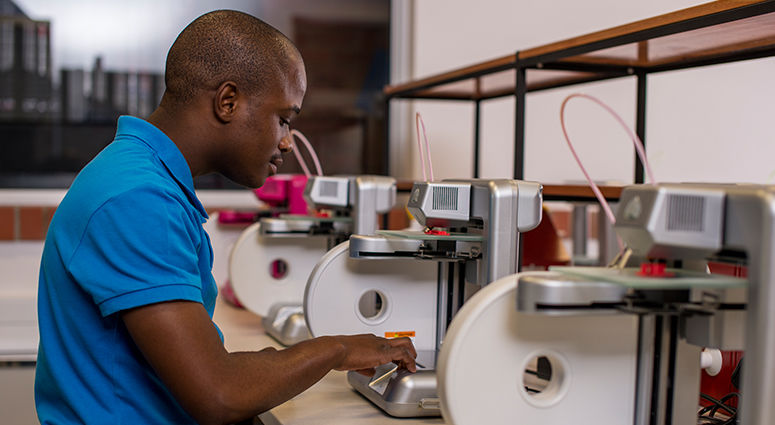
The objective of the Centre is to mentor people who have good ideas to produce sustainable businesses adapting a multi-layered design-based approach. The first step is to develop the entrepreneurs themselves, then to develop their product or service idea, and finally to develop the business side of the idea.
"The Institute surrounds each entrepreneur with a design team that helps to create the product, the brand and business model simultaneously. The design experts and mentors help guide the candidates through the design process as well as helping them navigate the barriers and challenges of production, costing, retail supply and so on. When entrepreneurs use the mind-set that everything about their situation can be redesigned, they work most effectively."
Questions asked are: Who will buy the product? Do people need this product? What would they be willing pay? How will it be made?”
Partnering with Industry in meaningful ways
Recent figures show that youth unemployment in SA constitutes 73% of total unemployment in the country, data is also indicating that entrepreneurial intentions are declining. Often entrepreneurial endeavours are merely repeating what is already available on the market, and although the country has an existing national start-up support eco-system, it is fragmented and uncoordinated, making access difficult and confusing.
Money and programmes for addressing unemployment in South Africa is available, however, and the Institute, as a parastatal organisation, is busy infiltrating that space. The 43 Challenge was funded by the Department of Science and Technology’s TIA (Technology Innovation Agency) and has proven the Design and Innovation Entrepreneurship Centre relevant in a landscape where 25% of the national youth is unemployed. Since then, the Design Institute has partnered with the Department of Arts and Culture to mentor six young designers to build sustainable creative enterprises and to expose them to the industry’s best practices and standards by exhibiting their creative work as part of the Emerging Creatives Initiative at the 2015 Design Indaba in Cape Town.
The Design Institute also partnered with the Department of Trade and Industry’s SEDA (Small Enterprise Development Agency) to assist more than 200 SMEs across 10 SEDA incubators all over the country towards sustainability with a holistic business process re-engineering using the design process.
Eight finalists from the South Africa Breweries (SAB) Foundation’s Social Innovation Awards the Centre with the specific aim of speeding up their migration into the mainstream economy. A partnership with Transnet, a freight transport company owned by the South African government, aims to promote a culture of innovation and design among school learners and to mentor young entrepreneurs from previously disadvantaged groups between the ages of 18 and 30. The design process has been taken to five schools in different provinces and 146 learners have been reached of which 20 was selected to participate in a three-day design workshop at the Centre. Fifty young entrepreneurs and existing SMEs have been sourced through a design competition. Twenty of these will be selected to go through the Centre’s programme. 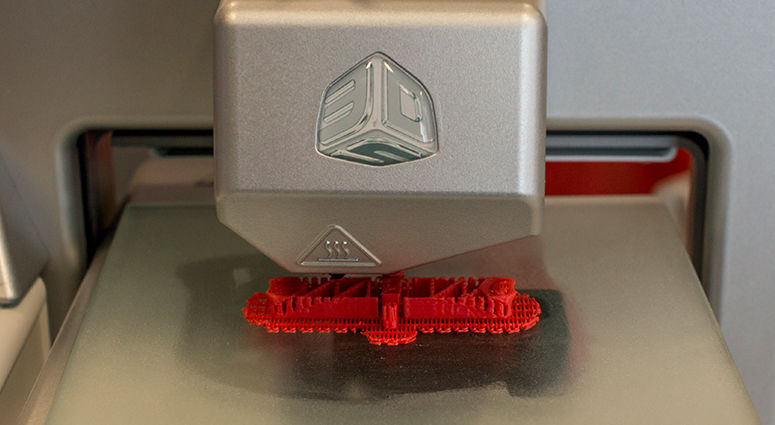
43 Challenge Case Studies
The Design Institute keeps track of the progress of candidates and some success can already be shown.
Reel Gardening
Claire Reid (age 28), commercial and social entrepreneur and qualified architect, went through the Centre’s programme while she was expanding her business from its original NGO roots to a commercial business, having established Reel Gardening at the age of 16. It produces biodegradable paper strips of plantable, organically fertilised vegetable and herb seeds that save 80% of water in the germination phase. Extensive work was done on a brand-new identity and communication strategy to go global. The rebranding has driven volumes incredibly and in the past months shehas doubled her staff and turnover, entered the UK market and landed a huge contract with Unilever.
Munungwane
Lutendo Magoro (28), engineer and entrepreneur, developed Munungwane for Sore Throats, a range of scientifically proven, bacteria-fighting lozenges, chewing gum, mouth spray and syrup made from the root of the traditional munungwane plant that is indigenous to Venda, a region in the far north-east of the country.
Lutendo grew up in Venda with her grandmother, who has been using the plant since she was young. This knowledge has been passed down through generations. She spoke to the Chief in the area about a benefit-sharing model with the community for the farm that needs to establish to grow the munungwane, as wild-harvesting will be allowed.
"Magoro entered the programme with only an idea. During this process she has been advised on bioprospecting and African Medicine legislation. Her business model, brand and packaging have been designed and she is still being assisted with prototyping product samples, ready to list her product the moment all regulatory issues have been cleared."
The AEON Power Bag
Shalton Mothwa, (27), nuclear physics PhD student and entrepreneur, has designed a way to harvest radio waves from cell-phone towers and computer servers and converts it into energy to charge devices when stored in it.He joined the programme with the idea of a bag that will charge devices when stored in it. The product was reconfigured to be technically feasible and a new competitive and commercially viable value proposition was designed. A new product as well as the company branding was designed. At the moment a prototype is being developed.
From the start, the Centre was meant to jump-start a profit-making, creative economy. The future impact of the 43 Challenge will be measured by the number of businesses established, jobs created, and growth in income, revenue and orders. The Centre’s programmes are still considered to be in a prototype phase, and tweaking and adaptation is carried out continuously. Feedback from participants as well as funders is collected and evaluated to inform future outcomes.
Read more
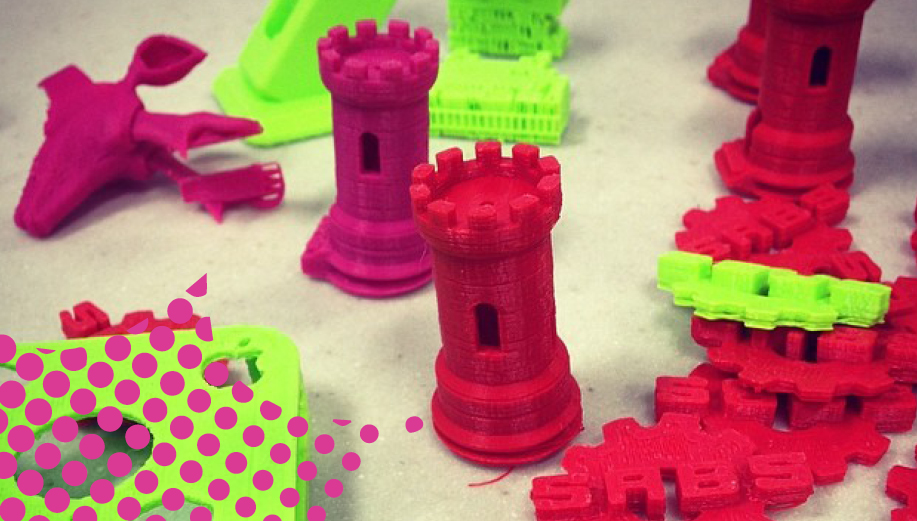
relatedarticles
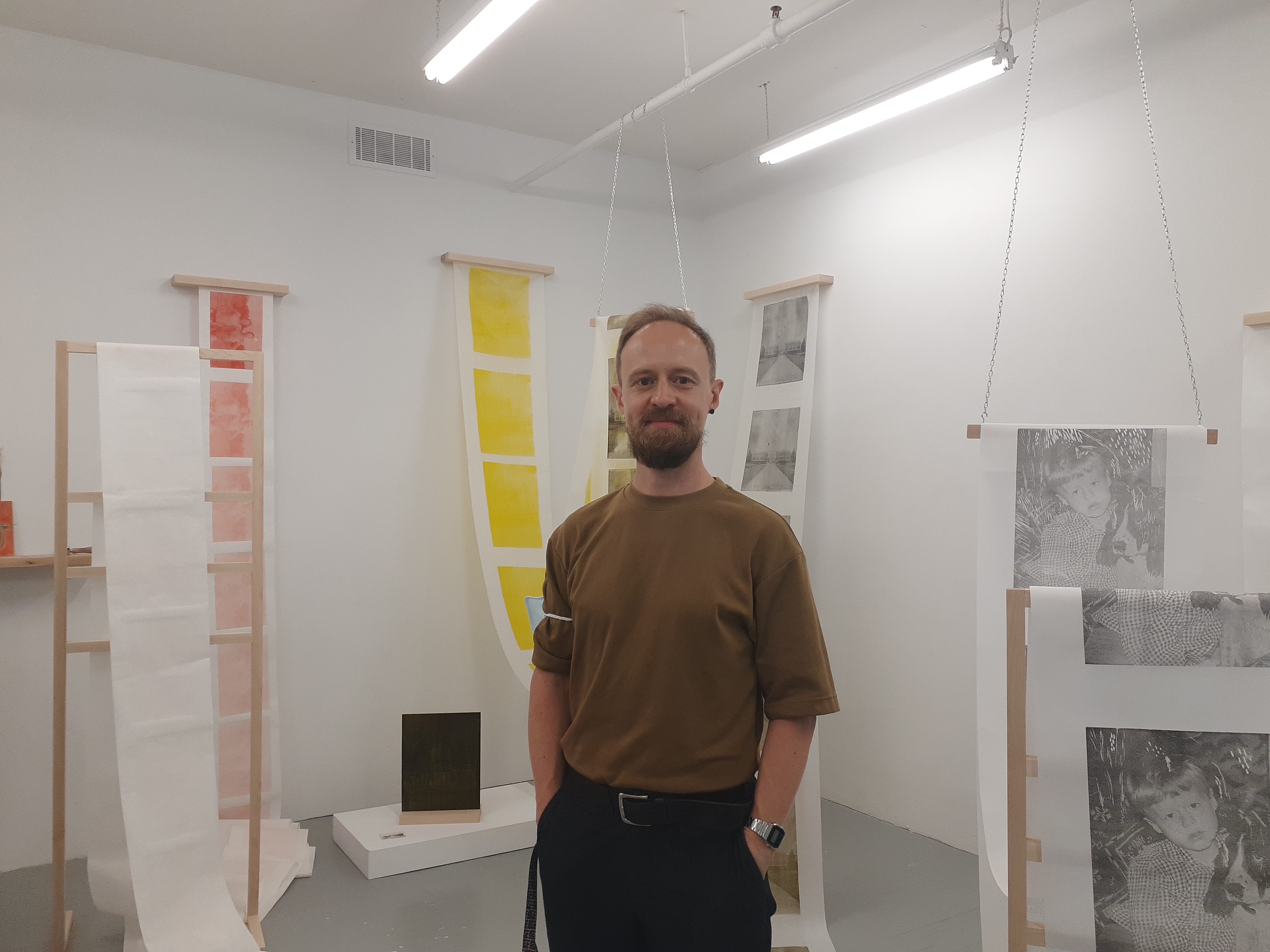
goodbye! and next steps for colleague and friend alexey lazarev
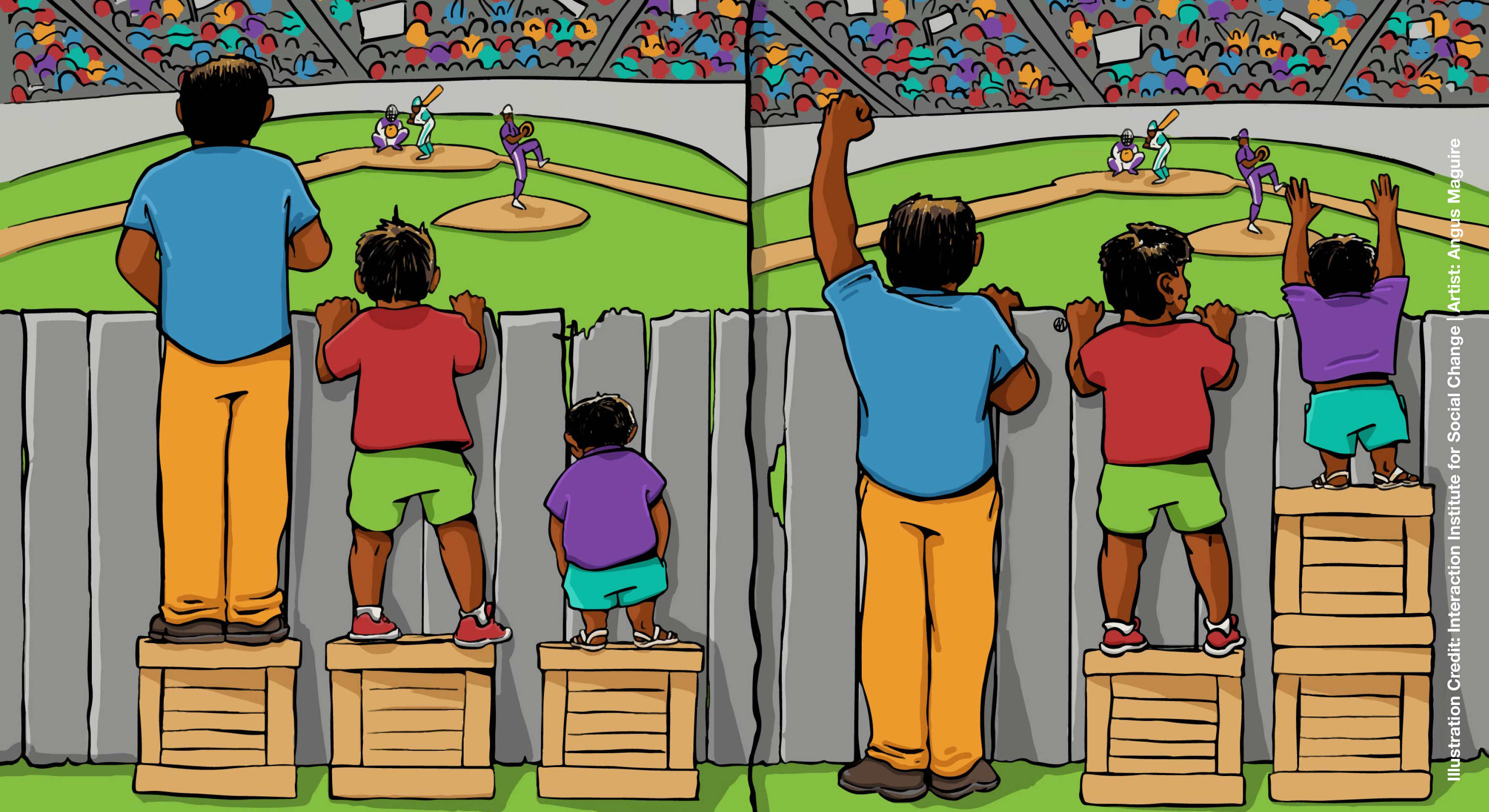
explorations in ethical design: meditations on equality
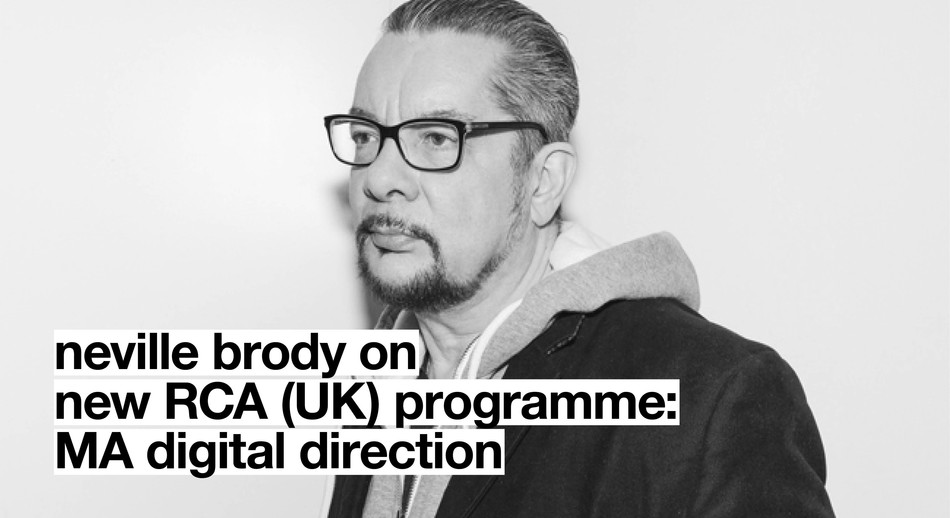
RCA launches new programme: MA Digital Direction
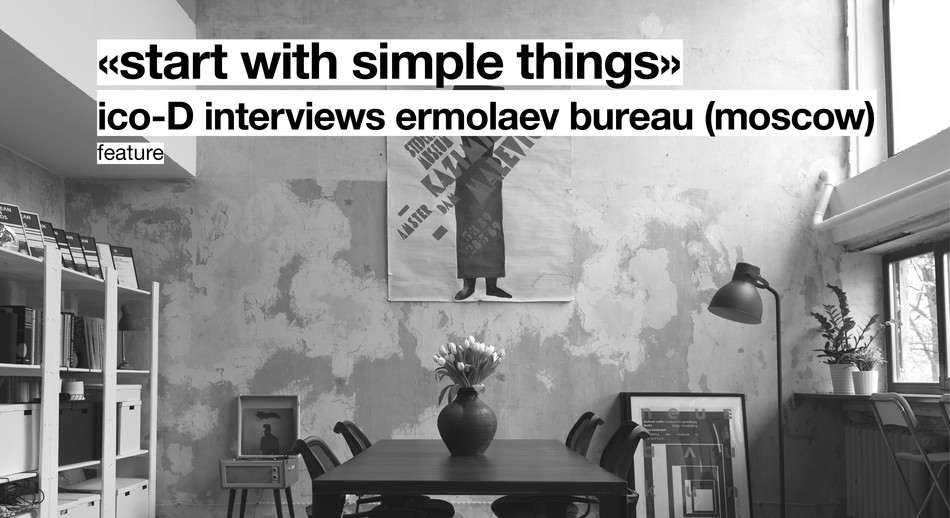
Interview | Ermolaev Bureau (Moscow)
